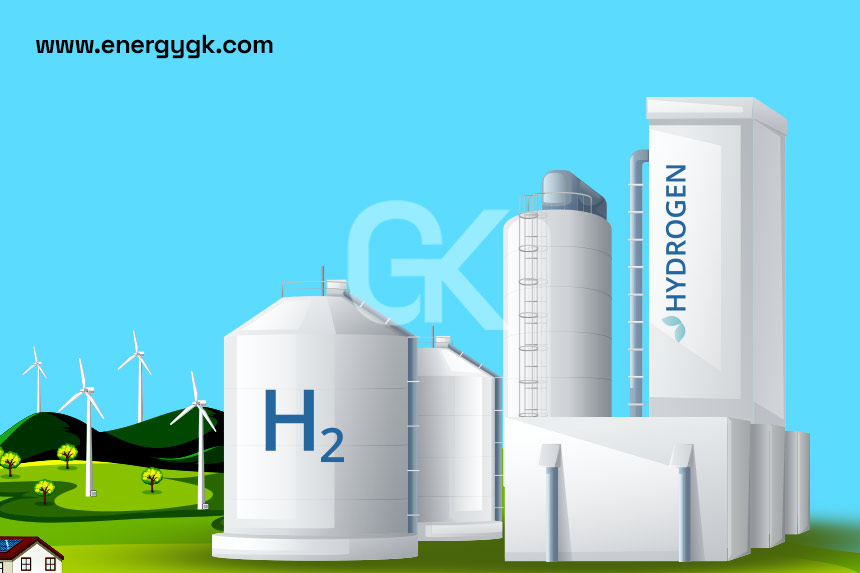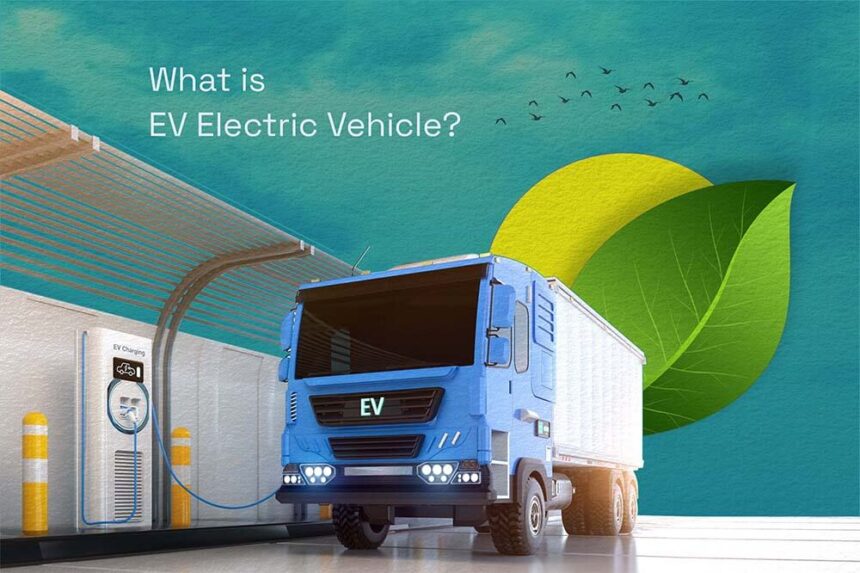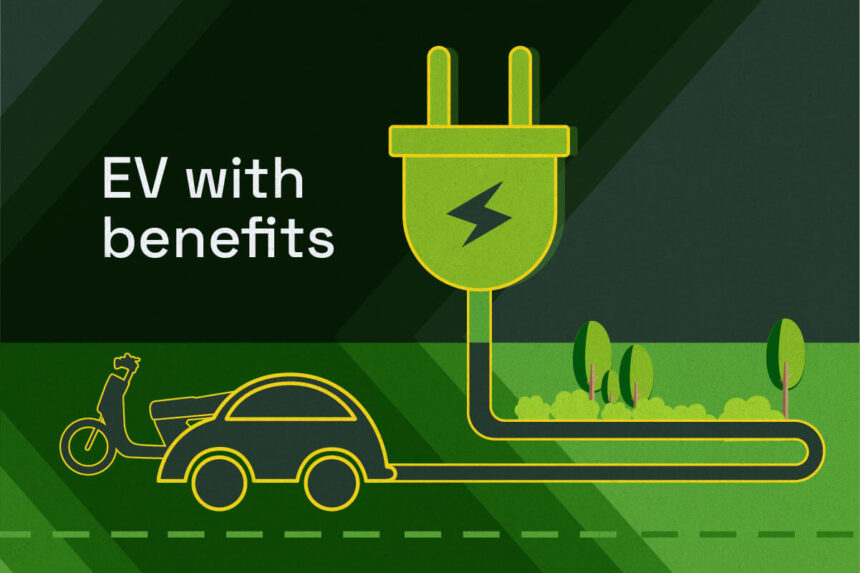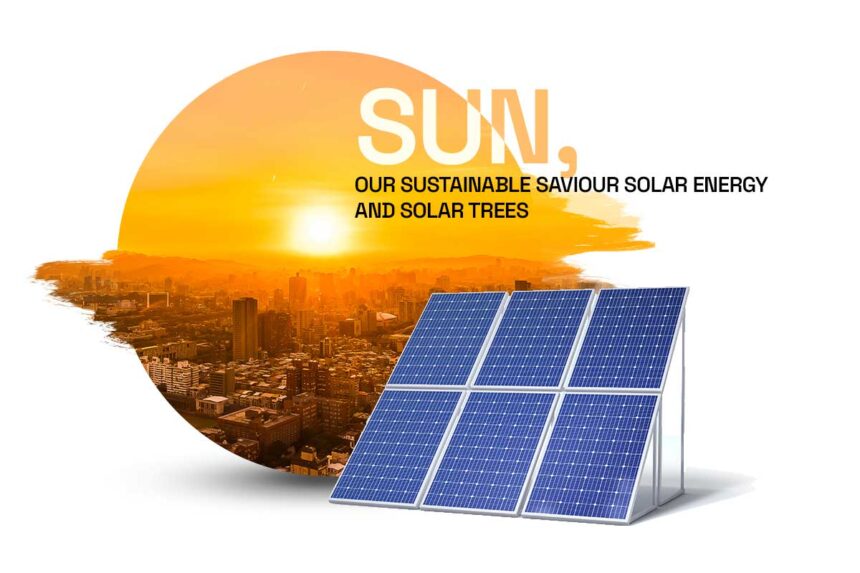Introduction
Nuclear power stands at the forefront of sustainable solutions for clean and reliable energy in the modern world. As nations strive to reduce their carbon footprints and tackle the challenges of climate change, the importance of sustainable energy has become paramount. In this article, we delve into the world of nuclear power, understanding its basics, exploring its advantages, acknowledging the associated challenges, and envisioning its future.
Nuclear Power Basics
At its core, nuclear power is harnessed from nuclear reactions, primarily nuclear fission and, potentially in the future, nuclear fusion. Nuclear fission involves splitting the nucleus of an atom to release energy. Various types of nuclear reactors, such as pressurized water reactors (PWR), boiling water reactors (BWR), and fast breeder reactors (FBR), enable the controlled use of nuclear reactions to generate electricity.
Advantages of Nuclear Power
Nuclear power brings a plethora of advantages. Notably, it is a low greenhouse gas emissions source, which helps combat climate change. Unlike fossil fuels, it does not produce harmful air pollutants, making it a cleaner energy option. Additionally, nuclear power boasts a high energy density, meaning it can produce substantial amounts of electricity with comparatively less fuel. This characteristic makes it a viable candidate for base-load power generation, providing a stable and constant electricity supply.
Furthermore, nuclear power contributes to energy security by reducing reliance on imported fossil fuels. Countries with significant nuclear energy capacity gain independence in their energy needs, bolstering their economies and reducing geopolitical tensions.
Challenges and Risks
While nuclear power presents many benefits, it is not without its challenges and risks. One pressing concern is the safe disposal of radioactive waste generated during nuclear fission. Scientists and policymakers must address this issue to ensure long-term environmental protection.
Moreover, the occurrence of nuclear accidents, such as the Chernobyl and Fukushima disasters, raises concerns about safety measures and regulations. Stringent protocols and technological advancements are crucial to prevent such catastrophic events in the future.
Another aspect of concern is the potential misuse of nuclear technology for military purposes. The proliferation of nuclear weapons remains a global challenge that must be addressed through international cooperation and diplomacy.
Nuclear Power Worldwide
Currently, numerous countries actively utilize nuclear power to meet their electricity demands. Understanding the global nuclear energy capacity and trends helps us grasp its impact on the international energy landscape. Certain countries, such as the United States, France, and China, are prominent leaders in nuclear power generation.
Sustainable Nuclear Power Technologies
The future of nuclear power lies in sustainable and advanced technologies. Generation IV reactors hold promise due to their enhanced safety features and potential to utilize nuclear waste as fuel. Additionally, small modular reactors (SMRs) offer flexibility, scalability, and improved safety, making them attractive options for various applications.
Exploring alternative nuclear fuel options, such as thorium reactors, opens new possibilities for sustainable nuclear power. Thorium, a more abundant element than uranium, has the potential to reduce waste and enhance reactor safety.
Nuclear Energy Policy
Nuclear power necessitates comprehensive international and national policies to ensure safe and responsible usage. International agreements like the Nuclear Non-Proliferation Treaty (NPT) and the Paris Agreement play vital roles in guiding nuclear energy development while preventing the spread of nuclear weapons.
At the national level, governments must craft energy policies that strike a balance between harnessing nuclear power’s benefits and addressing public concerns. Collaboration between the public and private sectors is essential to achieve a sustainable nuclear energy future.
Future of Nuclear Power
As the world transitions to a more sustainable energy mix, the role of nuclear power will evolve. Advancements in reactor technology, waste management, and safety protocols will shape its future trajectory. Nuclear power is likely to remain a significant player in the energy landscape, contributing to global efforts to combat climate change and provide reliable electricity.
Conclusion
In conclusion, nuclear power emerges as a promising sustainable solution for clean and reliable energy. Its low greenhouse gas emissions, high energy density, and base-load power generation capabilities make it a crucial component of the energy mix. While challenges and risks exist, ongoing research and international collaboration will pave the way for a safer and more sustainable nuclear energy future.
FAQs
1. Is nuclear power safe for the environment?
Nuclear power, when managed properly, can be considered safe for the environment. Unlike traditional fossil fuel power plants, nuclear reactors do not emit greenhouse gases during operation, which helps combat climate change. However, one of the main environmental concerns associated with nuclear power is the safe disposal of radioactive waste. Proper waste management and stringent safety protocols are essential to minimize any negative impact on the environment.
2. How do nuclear reactors work?
Nuclear reactors work on the principle of nuclear fission. They use controlled nuclear reactions to split the nucleus of an atom, releasing a tremendous amount of energy in the process. This energy is then used to heat water and produce steam, which drives turbines connected to generators, ultimately generating electricity.
3. Can nuclear power replace fossil fuels entirely?
While nuclear power has the potential to play a significant role in reducing reliance on fossil fuels, it is unlikely to replace them entirely. Fossil fuels are still essential for various applications beyond electricity generation, such as transportation and industrial processes. A balanced energy mix, combining nuclear power, renewable sources, and energy efficiency measures, is more likely to achieve sustainable energy goals.
4. What are the benefits of Generation IV nuclear reactors?
Generation IV nuclear reactors offer several benefits over older reactor designs. These advanced reactors incorporate enhanced safety features, making them more resistant to accidents and meltdowns. Additionally, some Generation IV reactors have the potential to utilize nuclear waste as fuel, reducing the long-term environmental impact of nuclear power and addressing the issue of radioactive waste disposal.
5. How can countries ensure the responsible use of nuclear technology?
Countries can ensure the responsible use of nuclear technology through robust nuclear energy policies and international cooperation. Strong regulatory frameworks are essential to oversee the safe operation of nuclear power plants and the secure management of radioactive waste. Engaging with international agreements, like the Nuclear Non-Proliferation Treaty (NPT), promotes transparency and accountability in nuclear energy development and helps prevent the spread of nuclear weapons. Additionally, fostering public awareness and involvement in decision-making processes can lead to a more responsible and sustainable use of nuclear technology.







